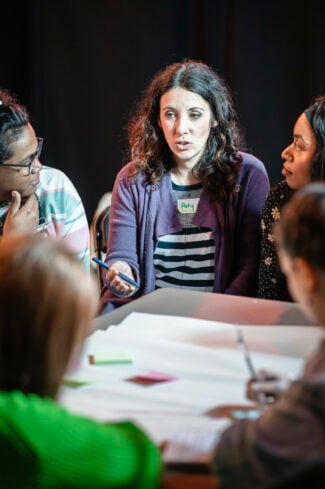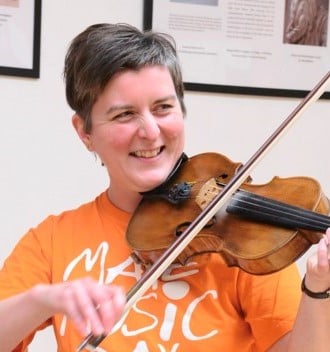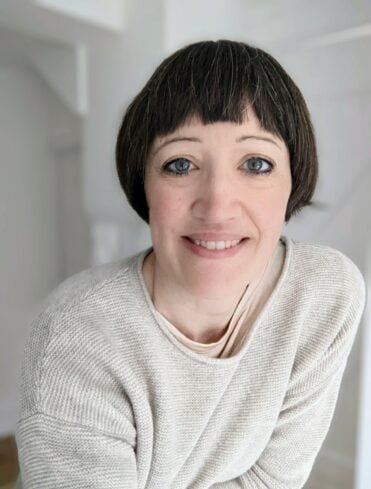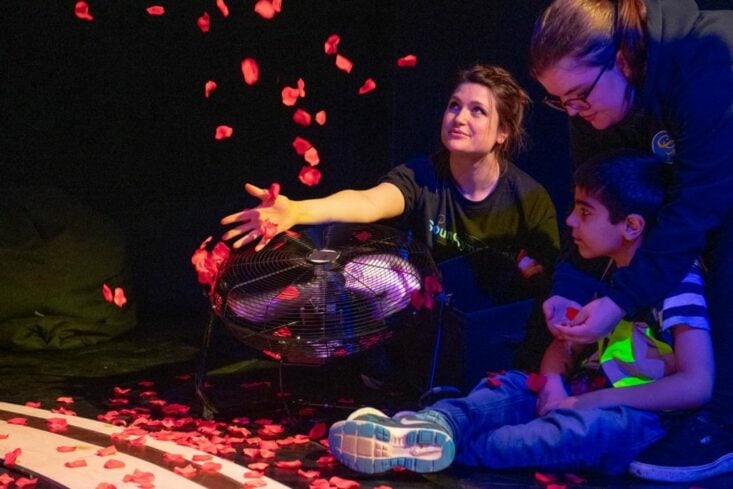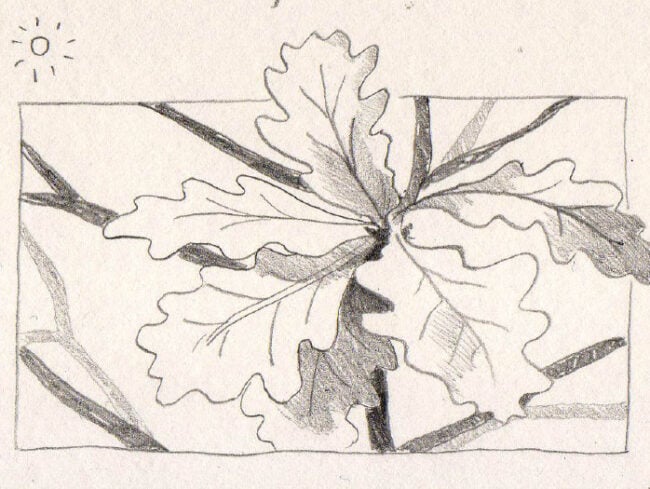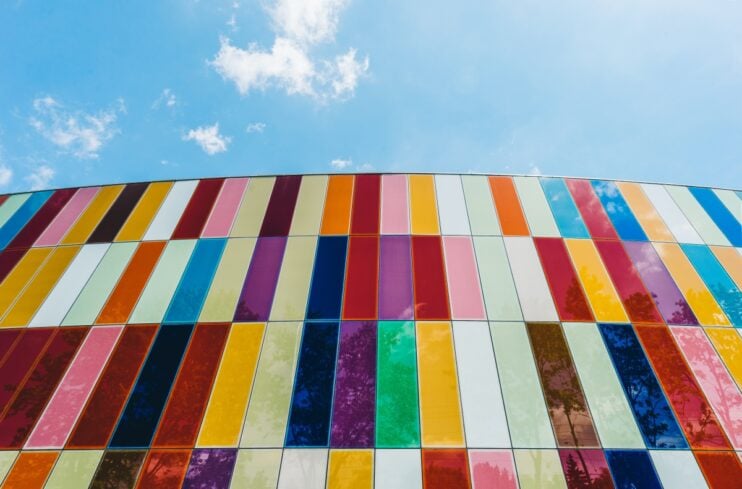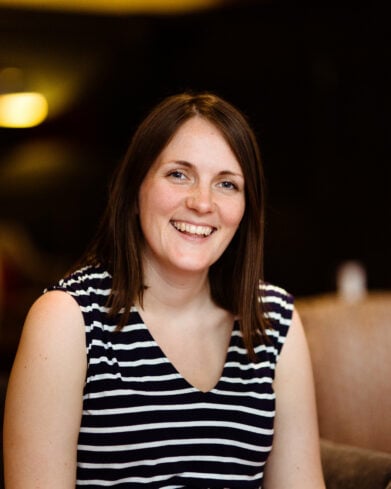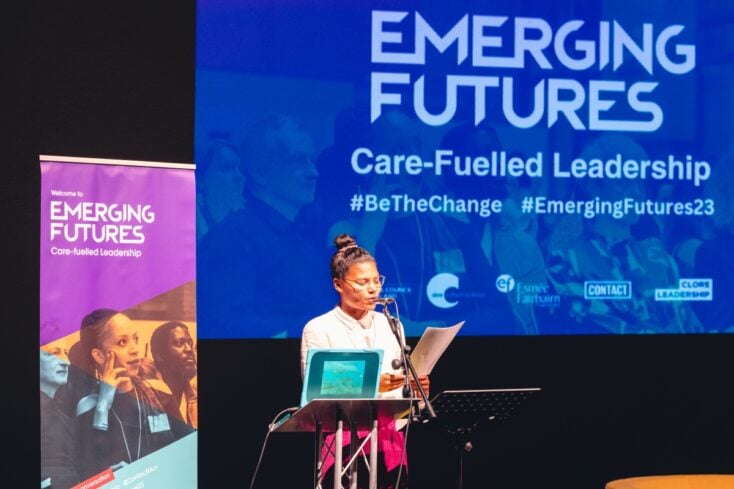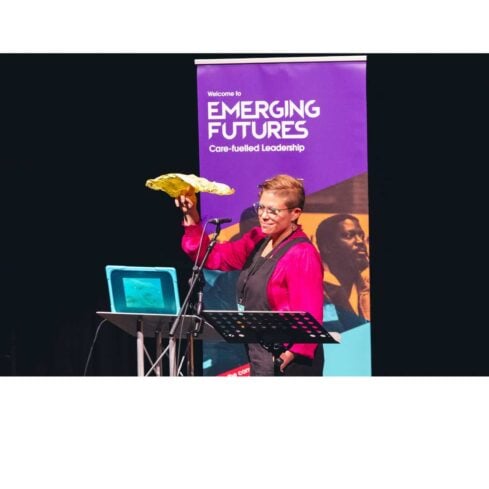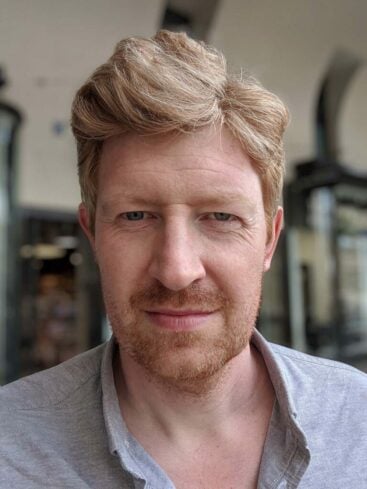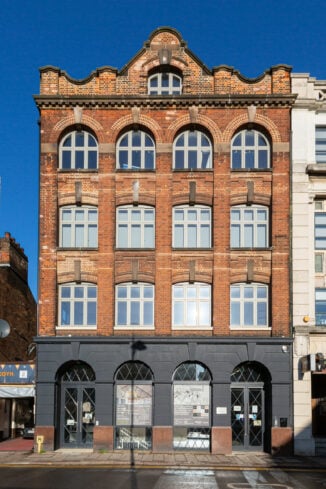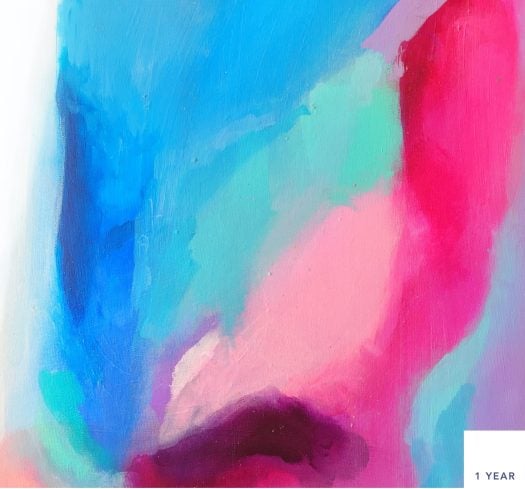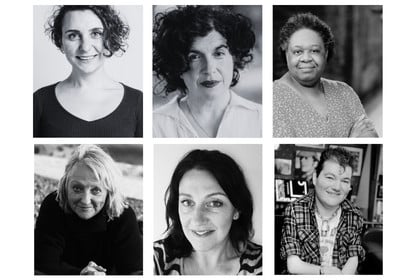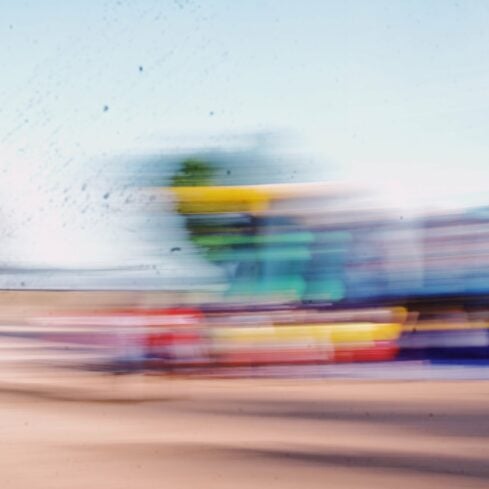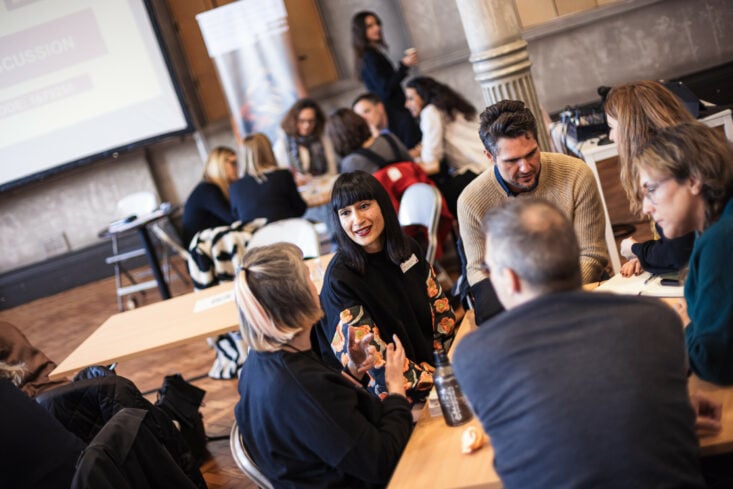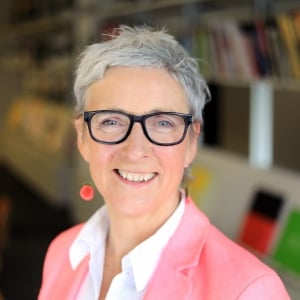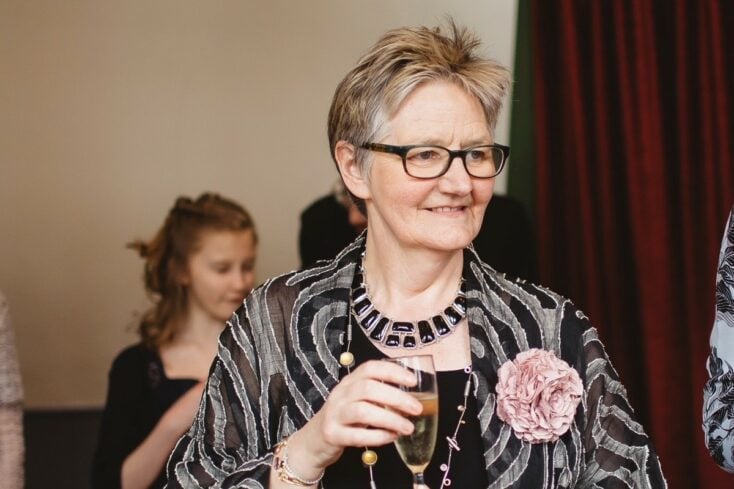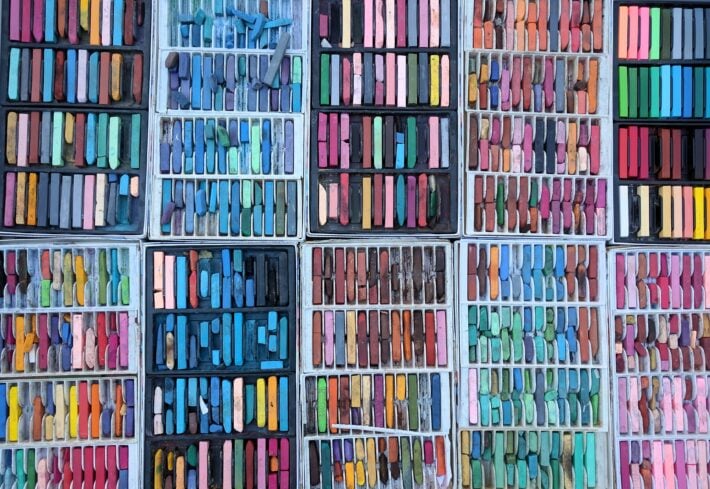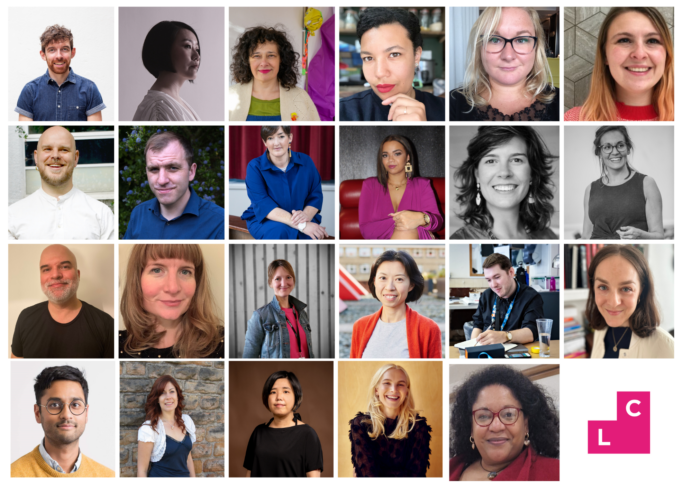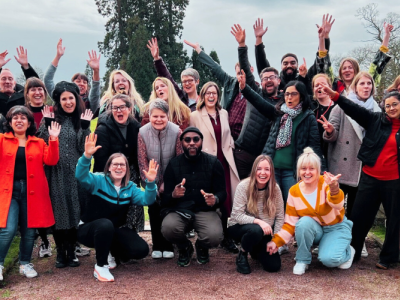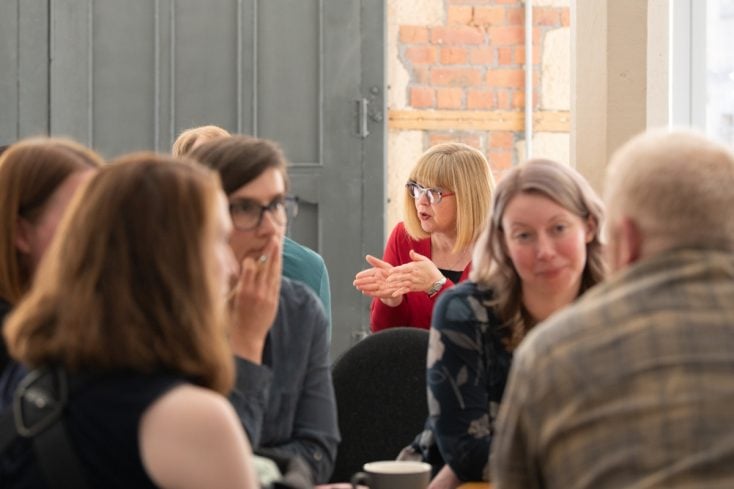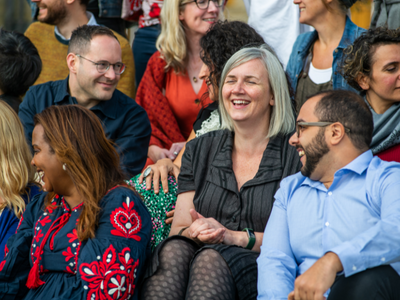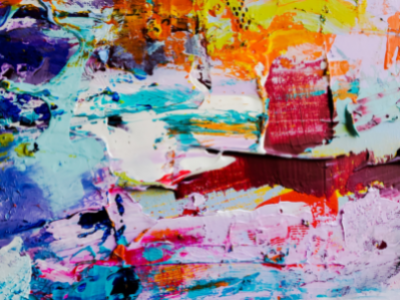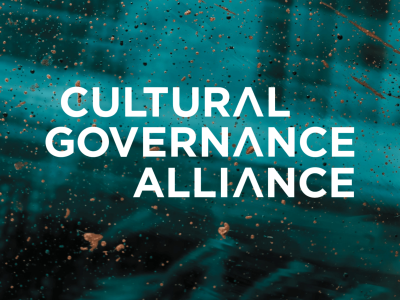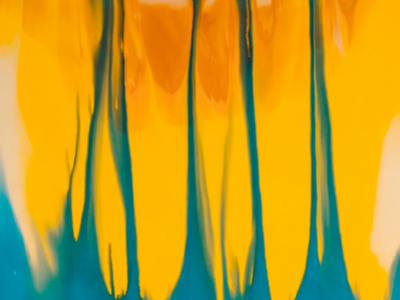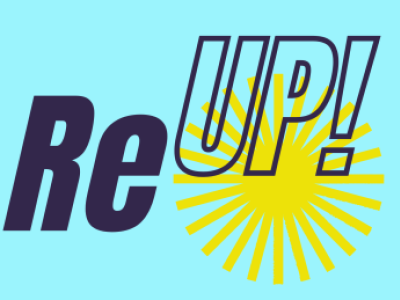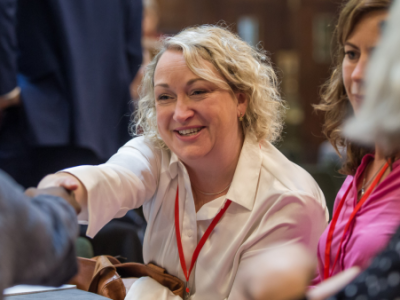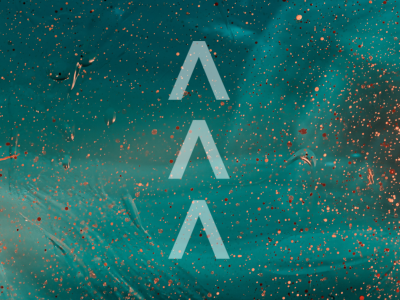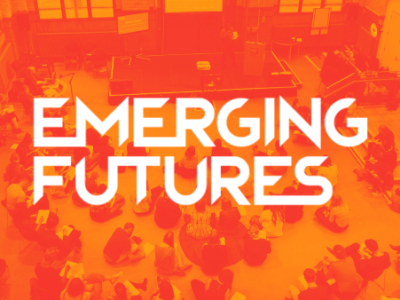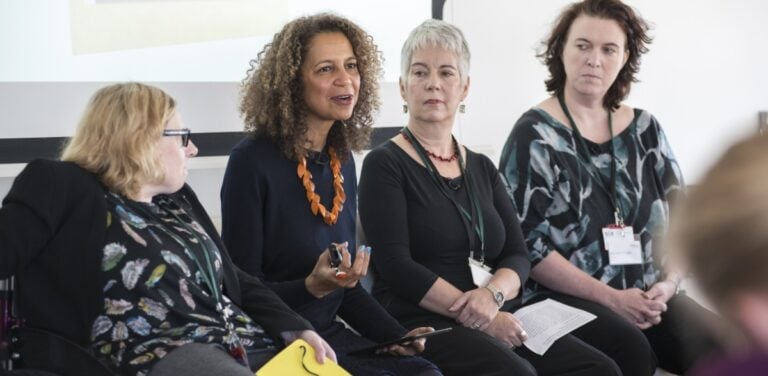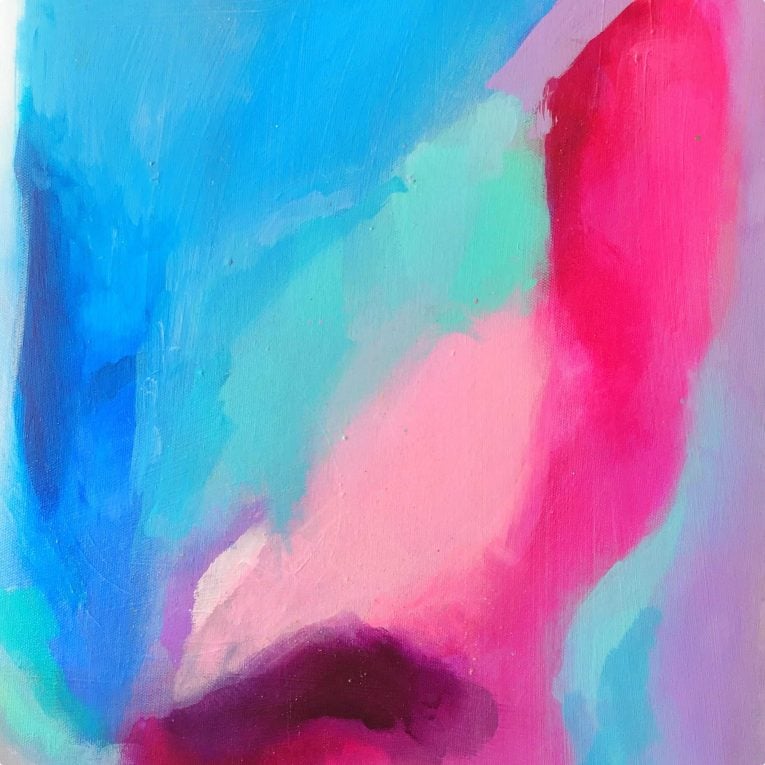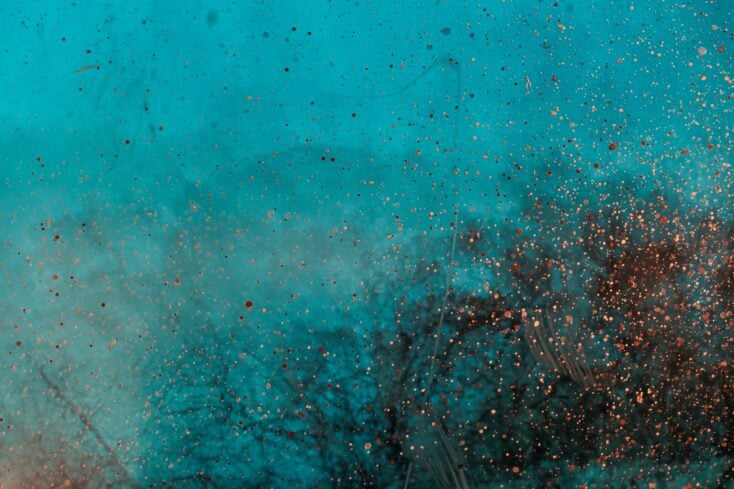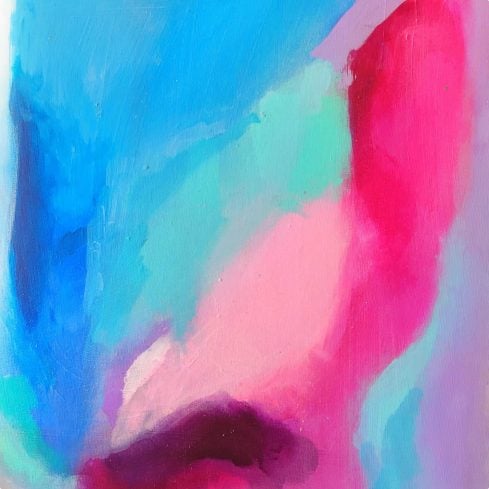The Hierarchy of Space
The ability to reflect is a powerful tool for personal and professional development. Barbara Palczynski reflects on her own leadership through the lens of Inclusive Cultures.
In March 2022, six months into my new role as Chief Executive of National Youth Ballet, I wrote an application for NYB to take part in Clore Leadership Inclusive Cultures programme, ‘a six-month disabled-led professional development programme for cultural leaders who are taking steps towards systemic change, ready to deepen and broaden their approach, competence and courage to contribute to and lead in inclusive culture-making and transformation.’
Within the application, I stated that “my leadership style is non-hierarchical. I always embrace learning every day from young people and those different from me. I would like to use my time on the programme to learn from others (and especially outside the creative sector) to find a common language to underpin a strategic approach to changing perceptions of ballet on a larger scale.”
This idealistic statement captured a simple honesty about the challenge that surrounds such an ambition. I wanted to understand how to approach this challenge with integrity. And so my participation in Inclusive Cultures could not have come at a better time.
Apart from the superlative content of the programme, the most strikingly obvious learning was the vital importance of prioritising time to reflect on leadership. Caught up in the fire fighting of delivery, especially with a small team and an ambitious vision, leadership really does demand Commitment with a Capital C. And thus I began to relish these Friday sessions to delve deeply into questions of power, and systemic change, with a zoom room full of different voices that represented the yin to my yang. Listening to others express their lived experiences and being in a space with practitioners and thought leaders was like stepping off the dizzy merry-go-round in search of firmer footing.
The value of a programme like Inclusive Cultures comes not only from the learned theory (and there really were some absolutely brilliant facilitators and contributors) but the practical application of these reflections. Exploring how to use leadership skills such as courage and curiosity is an essential part of the ongoing process of questioning the status quo.
It’s now three months since the programme ended, and I have had a bit more time to reflect on Inclusive Cultures. I recently found myself in a beautiful studio at South East Dance, watching NYB working with disability dance expert Parable Dance. Together they were unpicking ballet and how to make ballet more inclusive. In dance but especially in ballet there are all sorts of hierarchies. And it was here, on a frosty December morning, that I started to see the practical application of Inclusive Cultures taking shape, just as I had outlined in my application statement. Listening to the language of the hierarchy of space, I felt the tectonic plates of ballet conversations starting to shift, as we learned about inclusive choreography from a former Candoco dancer. Our determination to deliver work like Applied Ballet – All In! is an expression of NYB’s courage in leadership, to strive for excellence in the programmes we model and equality in performance, despite a very real lack of funding. The pace of learning and the rate of progress is slow, and in this sense, time is not on our side as leaders. The change we want to make does not happen overnight.
But leadership is not just about big picture conversations. It’s also about real people, and understanding their individual needs. Having the capacity to guide a team gently through external factors such as Covid-19, a cost of living crisis, a climate emergency and diminishing funding is equally important. Balancing short-term individual need with long-term organisational vision is a true artform in itself. One of the questions I asked myself as part of our Inclusive Cultures work was “How do I make the most of this moment?”. The answer to that is still a work in progress, but it is fuelled by purpose and commitment. And I look forward to being able to look backwards and see how far Inclusive Cultures has taken us.
(Cover photograph ©Jules Renehan)


